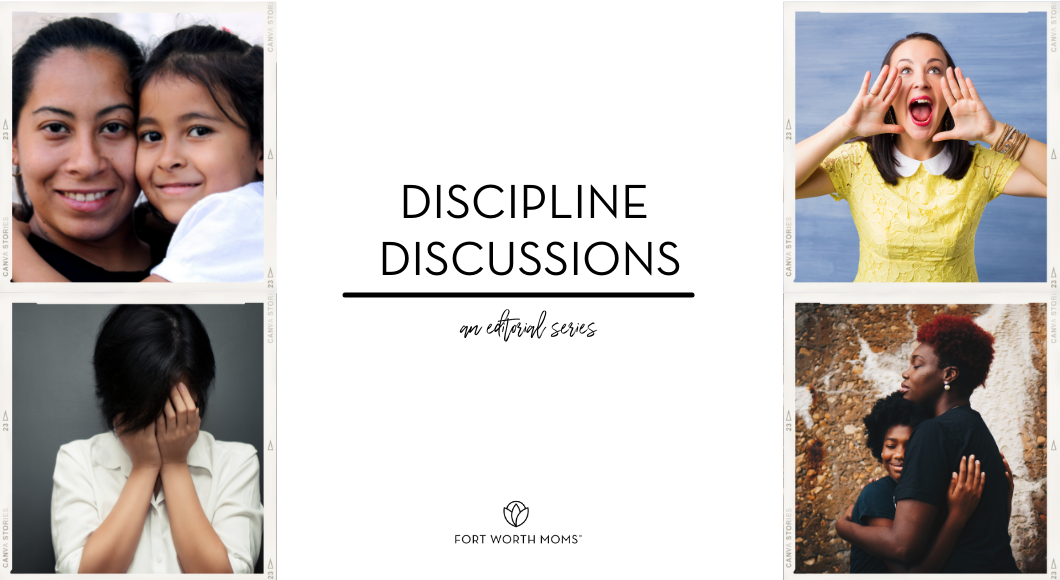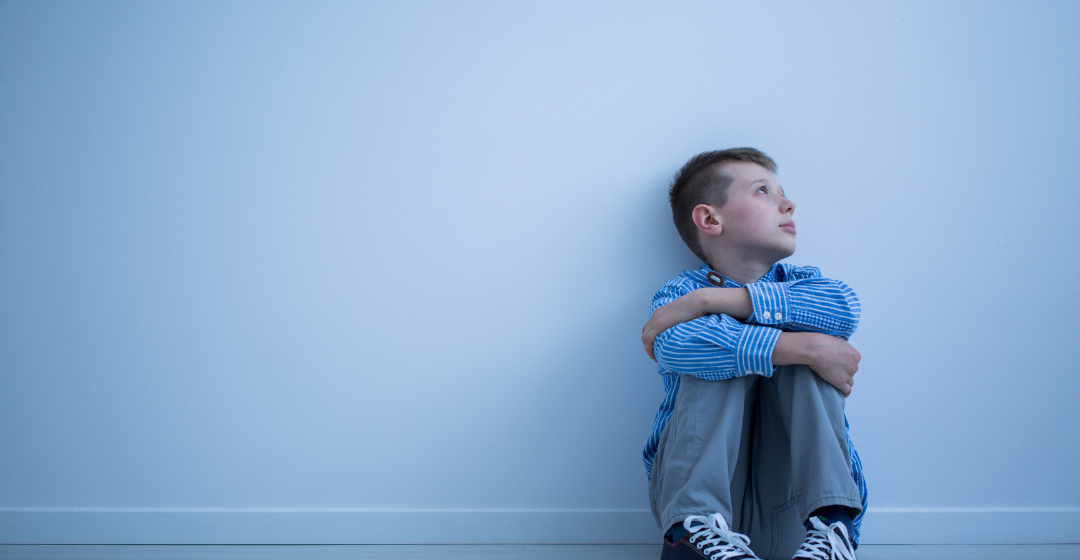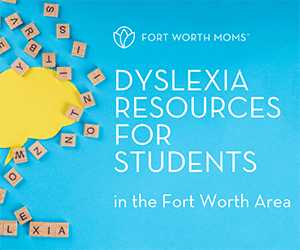This article is part of an editorial series, “Discipline Discussion” brought to you by Fort Worth Moms. Join our subscriber list so you don’t miss a moment of “Discipline Discussions” and all Fort Worth Moms has to offer throughout the year.
 “Let the punishment fit the crime.”
“Let the punishment fit the crime.”
It seems a little harsh when you’re talking about disciplining kids (including estranged teen twins who just can’t seem to get along at summer camp). However, it’s an apt description of the discipline approach at my house.
Choices have consequences. All of them. All the time. Whether you’re a toddler or an adult, when you make a choice, you set in motion a series of events, of consequences.
Sometimes these consequences occur naturally. Other times, we, as parents, have to make them happen.
Natural Consequences
Three kids are running fast in circles around the house. One falls and gets hurt. Crying ensues. Natural consequence. Little brother says something mean to big brother. Big brother chooses not to continue playing with him. Natural consequence.
I won’t lie. Well over half of my parenting is letting natural consequences happen. I remember having an 18 month old toddling around the playground. Countless times I stopped him from walking in front of the swings. Finally, I let him do it when the child swinging wasn’t going very fast or high, and he got knocked over. He never walked in front of the swings again. That natural consequence helped him learn the lesson far better than I had.
And honestly, that’s true today. Whenever possible, a natural consequence seems to be the best teacher for my kids. I guess this happens because these effects are so clearly tied to an action, which helps them learn from their choices in a very real way.

Parental Consequences
Of course, not everything is as black and white as walking in front of a swing and getting knocked over. When a natural consequence isn’t readily available, my husband and I do our best to create a response that has clear ties to the action.
For example, if one of the kiddos is struggling with making good choices when they are playing unsupervised, then that child has to stay within one of our sight-lines at all times. They can ask us to watch them play outside or go into a different room to play, and they have to just deal if we can’t (or won’t) do that right then. Typically, this lasts a day or two, and then there is a gradual release when they can play for periods of time without being in our sight but have to check in every so often. Eventually, they build enough trust back up to play on their own again.
Of course, it’s not always that easy. Sometimes we have to get a little creative with our consequences. But in general, we try to make it logical, reasonable, and tied back to the original offense.
Communication
In both cases, we take pains to discuss the situation with our kids, always drawing that line back to the original action as clearly as possible. We talk consistently about cause and effect and how actions can impact both ones self and others.
As they’ve gotten older (and bigger), their choices often now have more significant consequences, and we talk about that a lot. Hitting your brother when you were five is likely not going to badly hurt him, though it is still wrong. Hitting your brother when you are 10 could cause serious injury.
The same action doesn’t always have the same consequence as you get older, and we discuss how that means you have to be more thoughtful of your choices. It’s definitely a grumble my kids have about growing up, but they mostly admit that it makes sense.
It’s Not Fun
Like all discipline systems, sometimes this one really sucks, particularly when it means more work for us as parents. We are pretty frank with our kids that we don’t like to see them have to deal with the natural consequences of bad choices, and we don’t like having to punish them.
However, we point out to them that it’s our job as their parents to help them learn lessons in a safe environment, even when it’s not fun for either of us. This reasoning seems to make sense to them, and they handle most consequences with as much grace as can be expected.
The End Game
At its core, every discipline system has the same goal: To help our kids grow and develop into prepared adults. Currently, this is what works for both the parents and the kids in our household, so we’ll stick with it for now and be on the lookout to make changes if things start to go awry.
After all, we’re all just making this up as we go, right?













